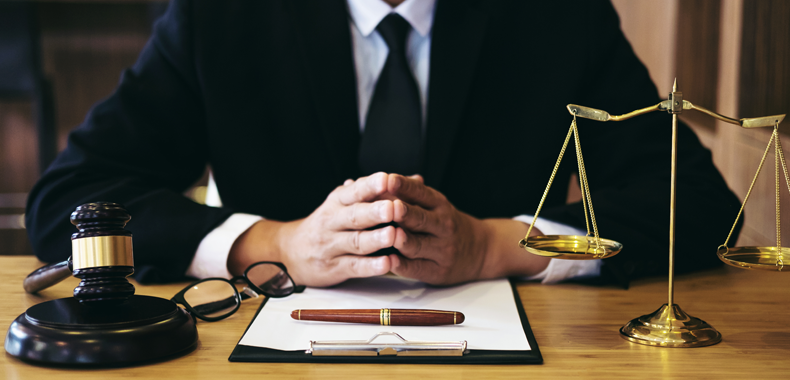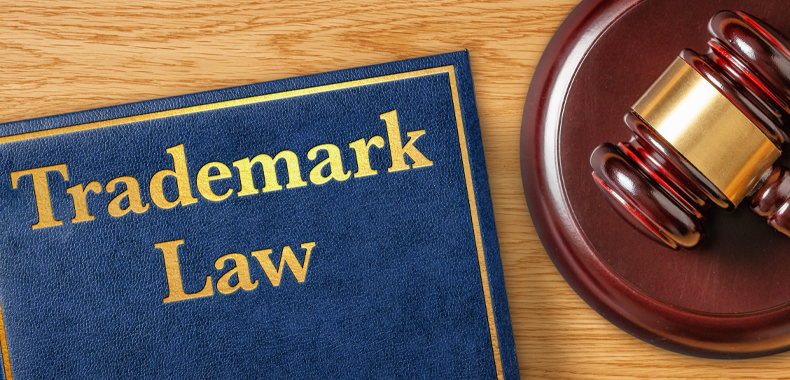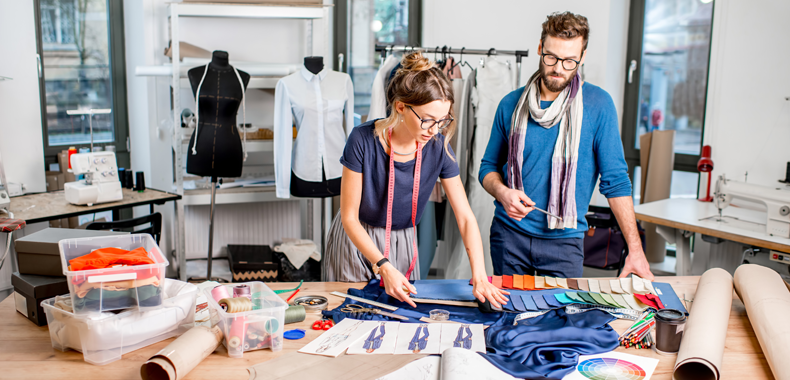Disputes between employees and employers over the rights arising from the invention developed by the employee while his/her employment contract is in force are not unusual before Brazilian Courts.
Until the advent of the most recent Brazilian Industrial Property Law (Law 9,279/96), disputes involving the ownership of the patent protecting the employee’s invention were dealt with by the application of Brazilian Labor Law (Decree-Law No. 5.452/43).
In that scenario, patents belonged to employee and employer in equal parts, except if the core of the employment contract was scientific research, that is, if the employee had been hired precisely to invent.
It was understood that the employee’s efforts to develop the creation would already be remunerated by his salary. Therefore, the patent belonged exclusively to the employer, provided that he made the deposit in his name within one year of its creation, under penalty of losing ownership of the invention to the employee.
However, Brazilian Industrial Property Law supplants the Labor Law in that sense, dedicating a specific chapter to deal with the subject. In fact, Chapter XIV, of Title I (Patents), lists in articles 88 to 93 the way in which ownership of the patent object of the employee’s invention must be decided.
The article 88 of Brazilian Intellectual Property Law remarks that the invention or utility model will only belong exclusively to the employer when the employee, who developed the invention, has been expressly hired for that purpose.
This is because, if the employee was hired precisely to invent, develop, create or improve a certain system or product, his or her inventive activity is the very core of the employment contract, and every invention is remunerated by the salary stipulated in the contract.
When the employee was not hired for the purpose of developing inventions, article 90 of Brazilian Industrial Property Law provides that “industrial creations” generated in this context (called “free inventions”), will belong exclusively to the employee.

It is important to highlight the law establishes that the employee’s ownership of the patent results from the fulfillment of two requirements: having the creation been developed in complete disconnection from the employee’s obligations contained in their employment contract and the non-use of any resources of the employer.
Failure to meet the first requirement, that is, if the employment contract provides for the creation or improvement of systems and products among the employee’s obligations, as a rule flows into the employer’s ownership of the creation.
The failure to comply with the second requirement, which implies the prohibition of the use of the employer’s resources, will imply the hypothesis provided for in article 91 of Brazilian Industrial Property Law.
Indeed, such article states that the ownership of the invention will be common, in equal parts, when it results from the employee’s personal contribution and from the employer’s resources (and others), being guaranteed to the employee fair remuneration for the exploitation of the invention.
In other words, the right of industrial exploitation of the invention, through a patent, will belong to the employer, and the employee is responsible for receiving fair remuneration for their creative efforts.
However, Brazilian Industrial Property Law does not define the concept of fair remuneration. So, it is up to the parties, or to the magistrate in court to deal, to define a remuneration amount that is fair to the parties, considering the economic benefits that will be earned by the industrial application of the invention over time.
Notwithstanding the regulation given by Brazilian Law, which provides apparently simple, direct and objective provisions to decide the ownership of a patent resulting from the creation of the employee, the disputes over the patentable invention are not so simple due to the various particularities that involve the development of creation.
People are often hired informally or with employment contracts without sufficiently detailed specifications about their obligations, or that bring doubt about whether the inventive step would be included in the contractual obligations.
In this context, it will be up to the Judiciary to analyze the employment contract in light of the activities carried out by the employee and in the fair expectation of the employer to decide on the scope of the employment relationship.
On the other hand, there are situations in which it is not simple to find out whether or not the employee used employer’s resources to develop the invention, and it is necessary to find out in court what extension of the invention could be developed by the employee without the support provided by the employer.
Although Brazilian Industrial Property Law brings objective provisions to determine ownership of a patent covering an invention developed by the employee, it is certain that the factual issues involved in the creation of an invention may bring the need for intervention by the Judiciary to find out the way in which the creation took place and then apply the rules brought in law.
—
Author: Carlos Eduardo Nelli Principe, Associate Lawyer at Peduti Advogados.
—
“If you want to learn more about this topic, contact the author or the managing partner, Dr. Cesar Peduti Filho.”
“Se quiser saber mais sobre este tema, contate o autor ou o Dr. Cesar Peduti Filho.”












